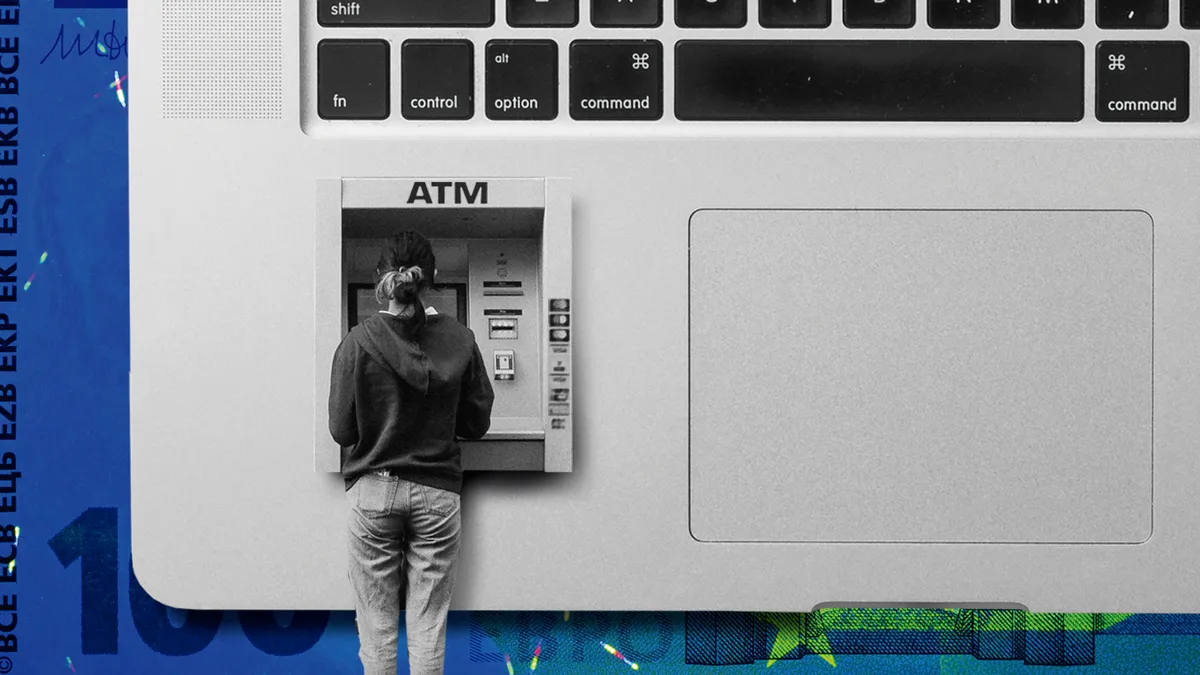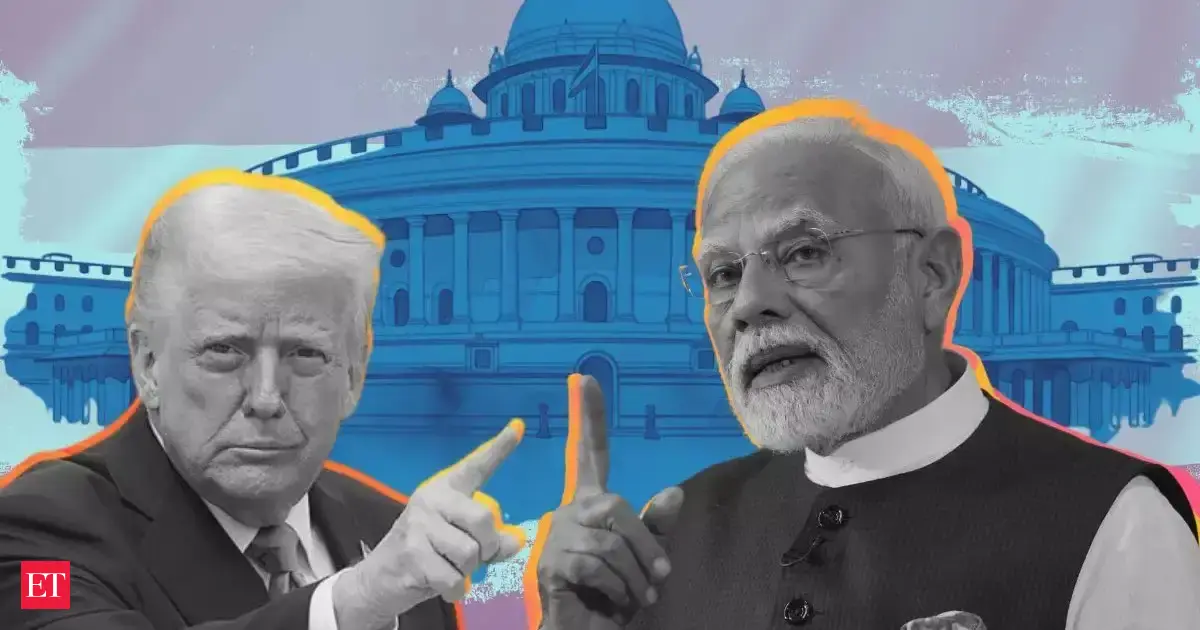By Bjarke Smith-Meyer,Giovanna Faggionato
Copyright politico

What is the digital euro?
Simply put, the digital euro is a virtual extension of the EU’s single currency.
The concept of central bank digital currencies, or CBDC, has existed for many years, although it has rarely made it past the conceptual phase. The ECB got serious about creating one in 2019 after Facebook owner Meta tried and failed to introduce its own global virtual currency for its 3 billion users in the form of a stablecoin.
The digital euro would be backed by the ECB and would hold the same value as real money, complementing cash and cards. People would use the virtual money to pay for goods and services, or lend it to friends. The difference is that digital euros would most likely be stored on a wallet-like application on smartphones. The ECB would also keep its own record of the virtual money people hold, making it impossible to lose.
How is that different from today’s digital payments?
The big difference is that the digital euro would be central bank-issued legal digital tender that, in theory, doesn’t require a commercial bank’s involvement — which is quite revolutionary.
Money held in a commercial bank account is not sitting in a vault waiting for you to claim it. Most of it has actually been lent out in the form of mortgages and other types of loans, with only a small portion of it sitting in cash reserves. The money you think you have in your bank account isn’t actually there; it’s really just the bank’s promise to pay you that money, should you decide to claim it. But banks are counting on customers not claiming it — at least not all at once. Without safeguards in place, a bank would collapse if all its customers demanded all their cash at once.
The proposed digital euro is entirely different. It is sitting in a (digital) vault waiting for you. No one else will have borrowed it to buy a house or start a business. One digital euro in your digital wallet would be as legally real as one physical euro in your pocket. And because the ECB would have a record of how many digital euros you possess, this makes it even more secure than physical cash — which can more easily be stolen, lost or destroyed.



